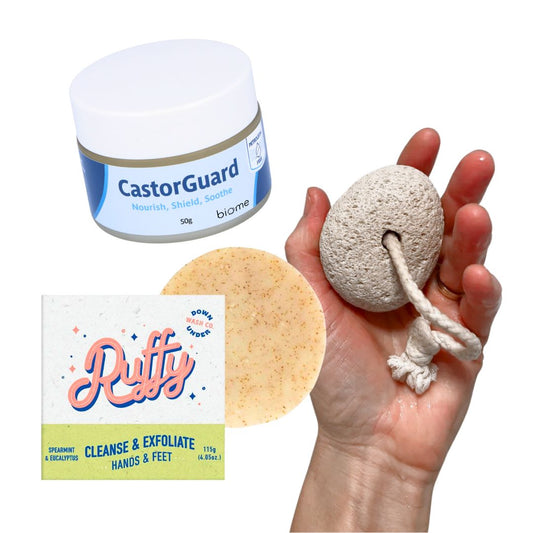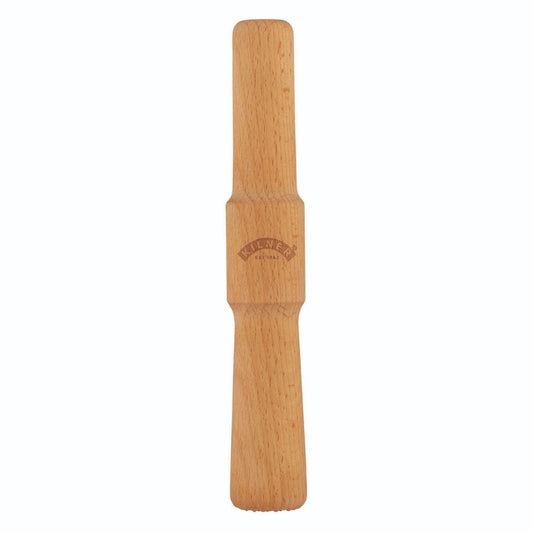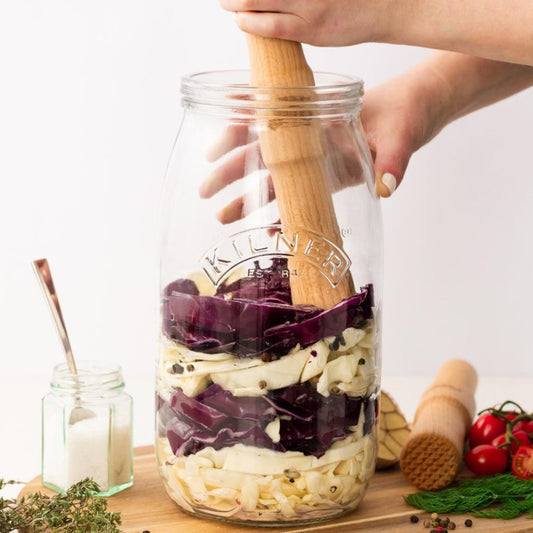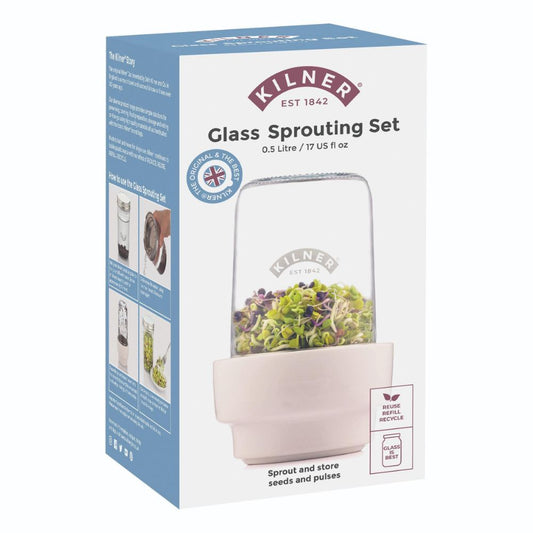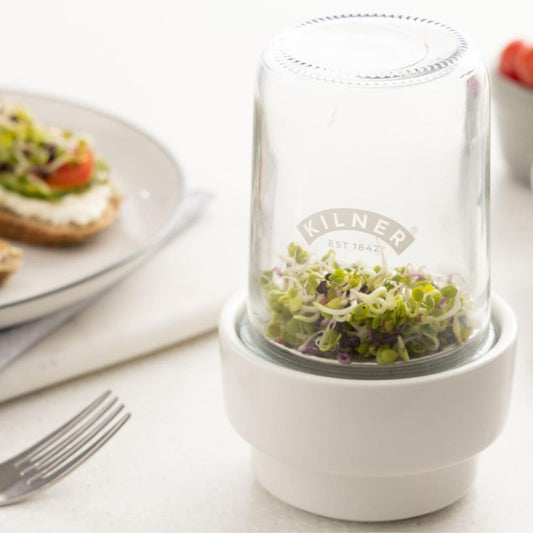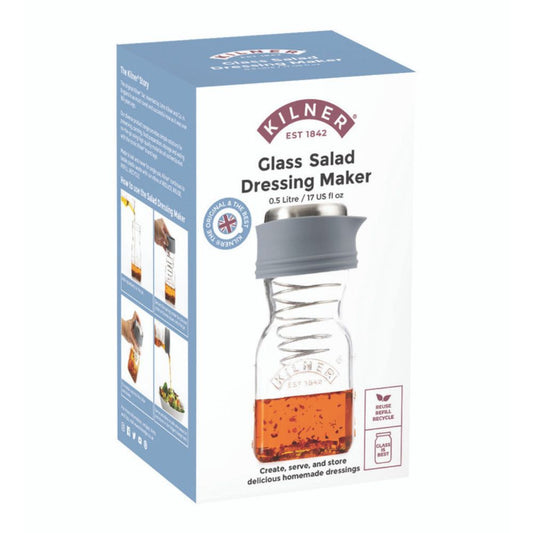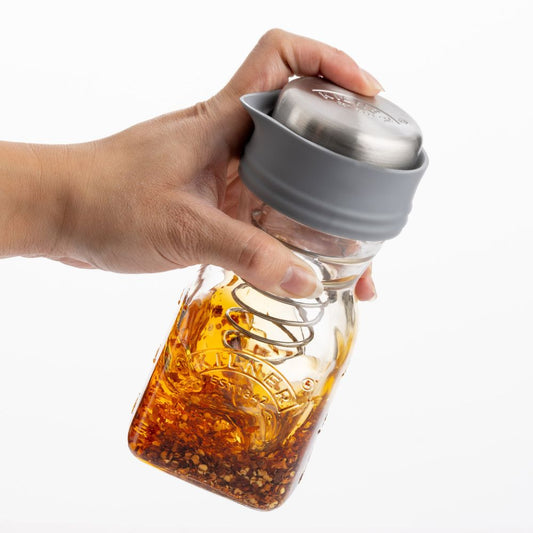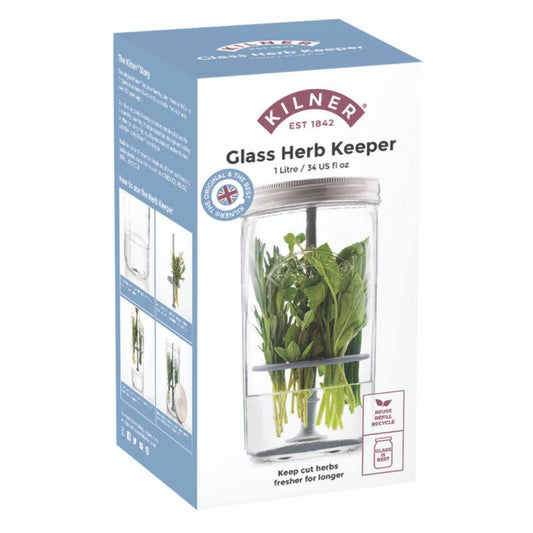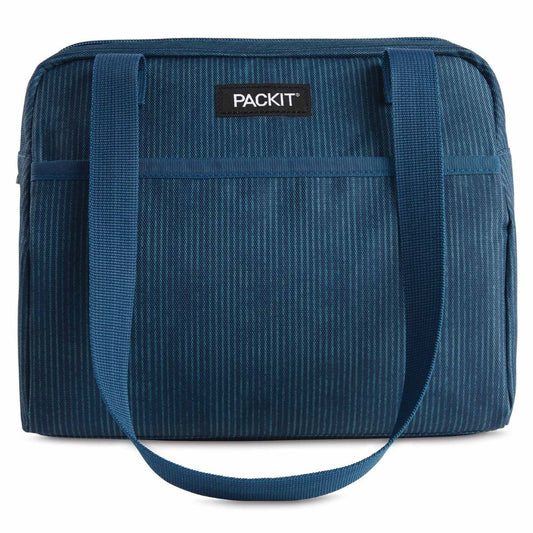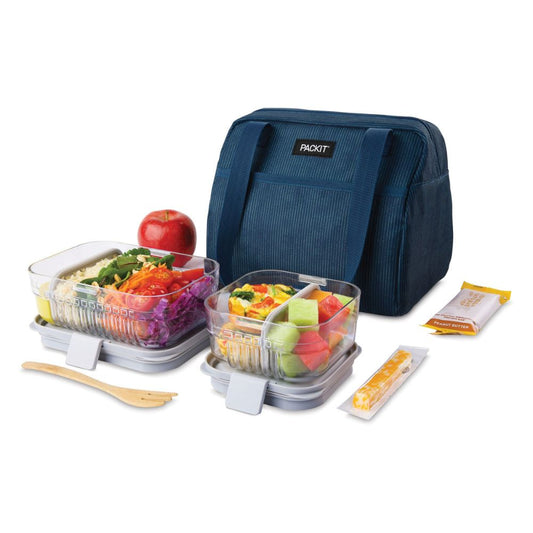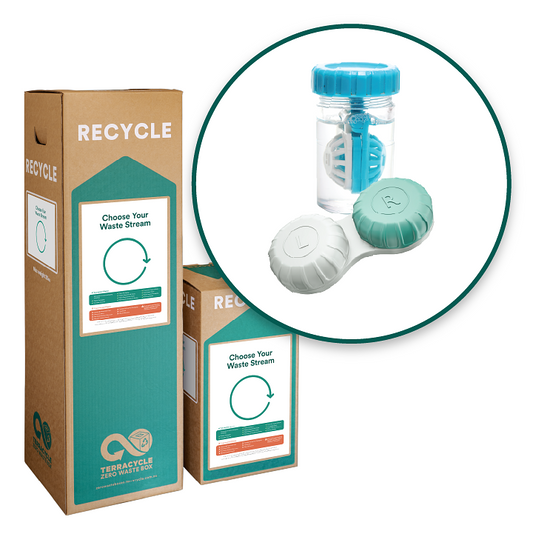When is Clean Up Australia Day?
Clean up Australia day is an annual tradition that falls on the first Sunday of March. You know what that means... this Sunday, the 6th of March, is 'Clean Up Australia' Day 2022.
Have the floods cancelled Clean Up Australia Day?
It's important to remember that Clean Up Australia is a movement more than a date and for participants to remain safe is the number one priority. So for those affected by the floods, we encourage you to wait for the waters to subside and choose a new date to contribute towards the national effort to keep our country clean. You can organise a community clean up any day of the year, and there is no pressure to abide by a date that puts you in harm's way.How can I register for a Clean Up event, and what are the benefits?
You can register online for a Clean Up event here or instead join one close to you here. By opting for organising a Clean Up event rather than just hitting the streets, you can recruit an entire group to help you out. These events are particularly beneficial when the organiser chooses a specific location, such as a particular beach or bushland area and tackles the area with a group. This single-focused group effort creates a sense of community that inspires everybody. It also means you can see the difference more clearly when tackling one area within your local community. So gather some family and friends to get involved by sharing a pledge to keep your community clean. When you register a Clean Up group, allow at minimum two weeks' notice, and Clean Up Australia will send you a free Clean Up Kit to help with the process. This kit will include a rubbish bag and gloves. You can also organise with your local council to help remove waste from a clean up site by registering on Clean Up Australia's website.
How did Clean Up Australia Day originate?
As with many triumphant successes, the concept of Clean Up Australia day began with a singular passionate individual and a simple idea. Ian Kiernan, an everyday Australian, was an avid sailor and was shocked to see how much litter he saw when out in the ocean. He decided to take action and address Australia's waste challenges, so he organised a community clean up event. So in the year 1990, Clean Up Australia Day was born. Since then, 19 million + people have dedicated their time to helping to Clean Up Australia.What are the harmful effects of litter?
On their website, Clean Up Australia shares some alarming facts about why they believe Australia has a waste problem. Each year an individual Australian produces 100kg of plastic waste, totalling 2.5 million tonnes by the whole of Australia. As alarming as these figures are, what happens to this plastic is more problematic; only 13% of the plastic is recovered, and 84% is sent to landfills. Around 130,000 tonnes of plastic ends up in the marine environment each year. As a result, all of our aquatic life suffers from ingestion and entanglement at the hands of our littering. It has been predicted that by 2025 99% of seabirds worldwide will have ingested plastic.When an area is clean, people are less likely to litter!
Here is a clearcut example of how doing the right thing can encourage others to do the same. Big cities are more prone to litter, and although we can make many assumptions about why like population size or citizens living further away from nature, the answer may be a little more straightforward. Allegheny Front discusses this phenomenon with California State University social psychologist Wesley Schultz who has the following to say: "The presence of existing litter was strongly predictive of littering behavior. So if you're in a place that's already highly littered, you're much more likely to litter than if you're in a place that's clean or free of litter." This theory makes sense; as human beings, we are often looking to others to help determine if our behaviour is appropriate. For example, when we consciously notice a clean space, we assume that littering must not be accepted in this area and are more likely to hold onto our rubbish until we find a bin. The exciting conclusion to draw from this is that we can encourage others to clean up after themselves simply by cleaning up ourselves. So choose to inspire your family, friends, and community not only this Sunday, the 6th of March but every day of the year.What can I do to help outside of attending a Clean Up event?
Of course, not everybody can attend a Clean-Up Event, so let's discuss some of the other ways to get involved.
Make a tax deductible donation!
You can donate to Clean Up Australia here. The donations received go to the resources provided to Australians to help keep our country clean, including resources to help keep schools clean and resources that go to youth groups. All donations are tax deductible for Australian taxpayers. Clean Up Australia is a registered charity, so we encourage businesses to get behind this much-needed mission.Prevention is key!
[pswp_products ids="34150,19161,35429"] Clean Up Australia day is as much about cleaning up the rubbish from our environment as it addresses the issues and behaviours that meant it ended up there, to begin with. Prevention is always more effective than dealing with the after-effects and the effort to reduce waste is equally important. Clean up Australia has a page on their website called 'the issues', which addresses in depth some of the ways we can help reduce litter. We will briefly mention ways to minimise our impact here but encourage you to read further.The issues:
- Fast fashion: Every 10 minutes, Australians dump 15 tonnes of clothing and fabric waste. Here at Biome, we have said it before, and we will repeat it but opting for quality clothing made to last for years to come is essential to minimising our clothing waste.
- Food waste: Australians waste over 7.3 million tonnes of food each year. We can reduce this impact by meal planning, eating leftovers and composting food waste rather than sending it to landfills.
- Packaging waste: Often, plastic packaging waste is overused and unneeded. We can combat this by attempting to reuse packaging waste where possible, opt for recyclable products or return soft plastics to your local supermarket to be REDcycled.
- E-waste: Electronic waste makes up 70% of toxic chemicals found in landfills. These include lead, cadmium and mercury. We can help this by making conscious purchase decisions and looking into recycling options when our electronics have come to the end of their lives. We can also take batteries to recycling points at the end of their lives.
- Cigarettes: Cigarettes are, unfortunately, the most littered item on the planet. If you are a smoker, you can bin your butt. If you aren't a smoker, you can encourage others to do the same. If you have employees who smoke within your workplace, you can also purchase a Terracycle recycling box.
- Plain avoid: Some items are such an environmental problem, and there are healthy alternatives that the best practice is to avoid altogether. For example:
- We can replace balloons with paper decorations.
- Plastic straws can either be avoided or opt for reusable straws.
- We can easily replace Single-use coffee cups with reusable cups.
- We can give plastic water bottles the flick for a reusable water bottle.
- We can stop using single-use plastic bags and opt for a reusable bag.
Thank you from Biome!
From the team here at Biome, we wanted to extend a massive thank-you in advance to everybody who is doing their part in looking after our beautiful country and, in turn, our planet. If you ever have any questions for us, please get in contact, and we would be more than happy to assist with this!Further reading https://www.cleanupaustraliaday.org.au/join-a-clean-up https://www.cleanupaustraliaday.org.au/create-a-clean-up https://www.alleghenyfront.org/the-psychology-of-littering/



